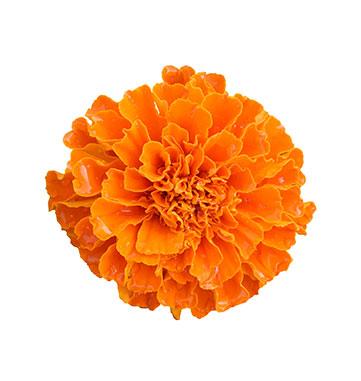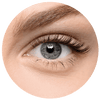Lutein
-
Lutein, Zeaxanthin und Vitamin E
12,90€ Base price 573,33€ / kg
60 Stück pro PackungPackungsgewicht für 22.5
Sie erhalten 2,5% MEDICOM Guthaben beim Kauf dieses Artikels.
- Service-Hotline: 0800-50 400 50
- Lieferung in 2 Werktagen
- 90-Tage-Geld-Zurück-Garantie
- Kostenfreier Versand ab 15€ deutschlandweit








